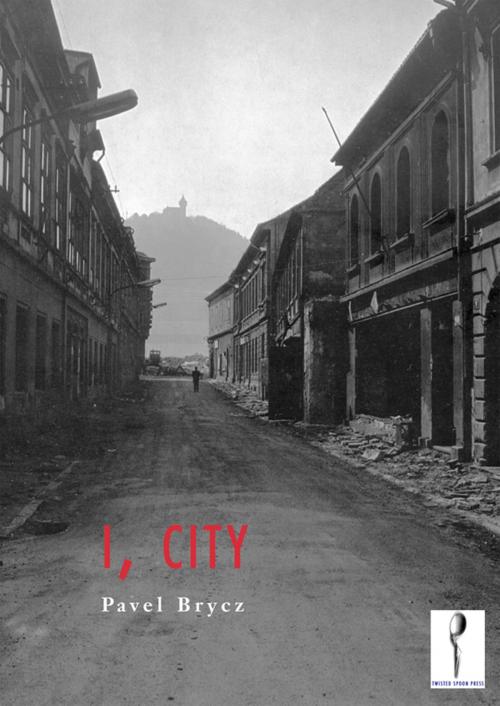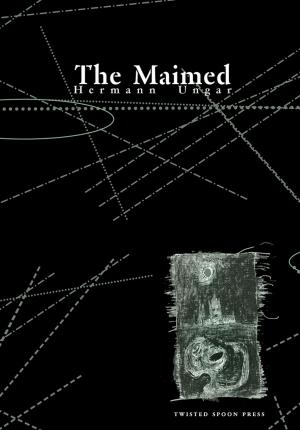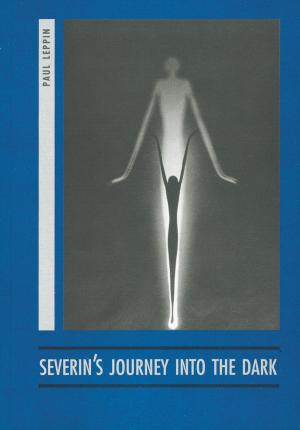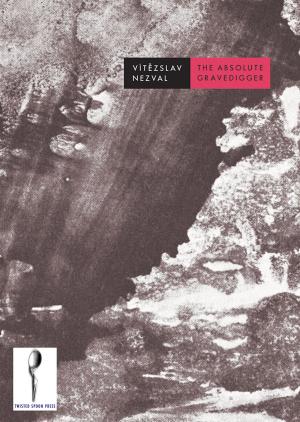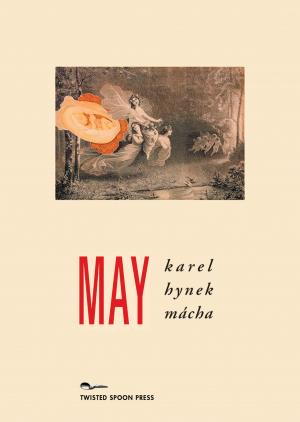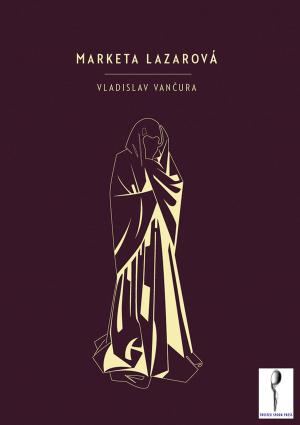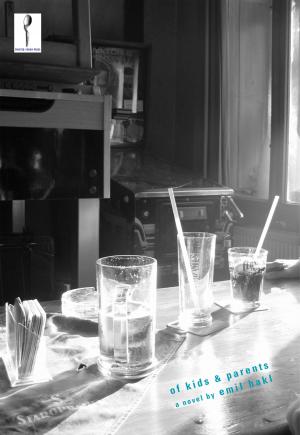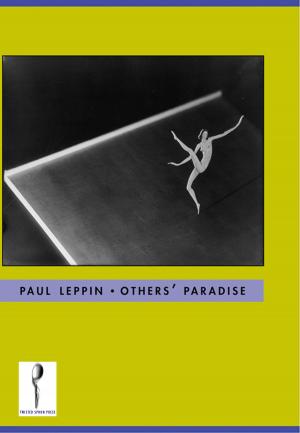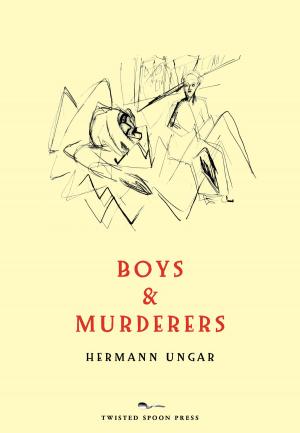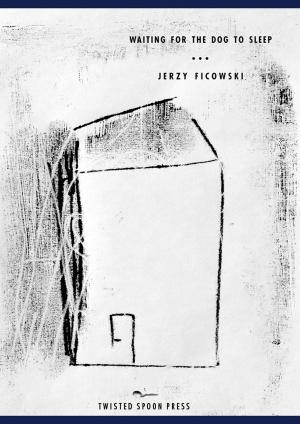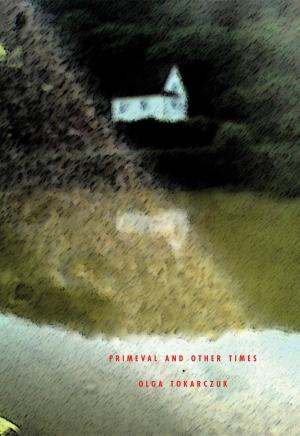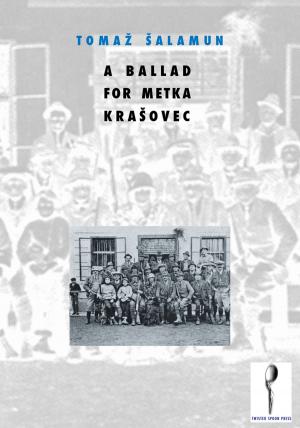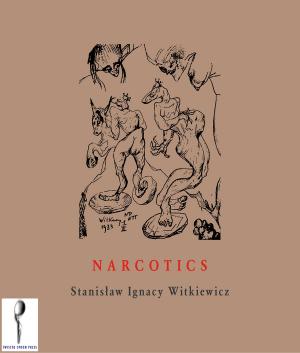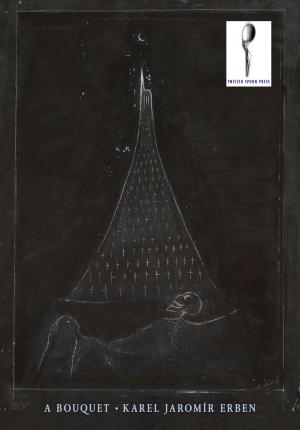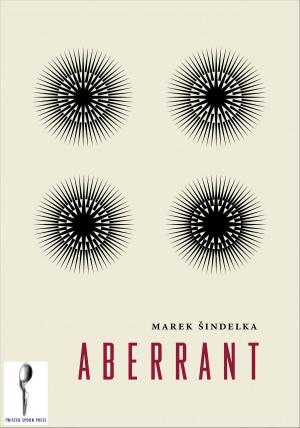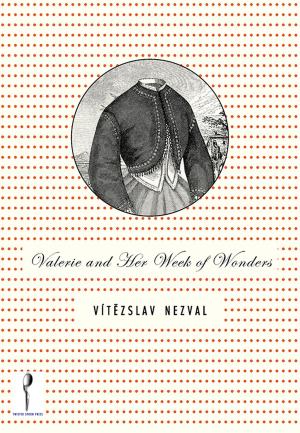| Author: | Pavel Brycz | ISBN: | 9788086264820 |
| Publisher: | Twisted Spoon Press | Publication: | March 14, 2016 |
| Imprint: | Language: | English |
| Author: | Pavel Brycz |
| ISBN: | 9788086264820 |
| Publisher: | Twisted Spoon Press |
| Publication: | March 14, 2016 |
| Imprint: | |
| Language: | English |
I, City is a novel about the city of Most in north Bohemia, an ancient city founded on a primeval wetland that was literally "relocated" to get to the brown coal beneath it. The city is the narrator, telling its own story through its inhabitants, who make their "appearances" in fleeting, ghost-like vignettes, Joycean epiphanies straight out of a Bohemian Dubliners. The "I" that purports to be Most seems to be an entire consciousness, at enough of a remove from the town itself that he, she or it can see and can know seemingly everything, past and present. As Most's inhabitants emerge from the pollution, or from the swamp of the town's founding, we find not individuals but representatives. Theirs are historical lives that mistrust history, or that live it at least with typical Czech irony. This abstraction, Brycz's making of archetypes, isn't accomplished in a spirit of abuse. Brycz obviously loves his "small" people, and has more than sympathy—he is one of them. As Brycz makes fictional people say factual things and factual people (Kafka, the Pope, the last president of Communist Czechoslovakia, Gustáv Husák) say fictional things, post-modernity via Marquez and other so-called Magical Realists makes its almost requisite—though noiseless—appearance.
Awarded the prestigious Jiří Orten Prize in 1999, I, City is many things: a novel-in-stories, a series of lyrical prose sketches in the best easterly European tradition of Danilo Kiš, or Isaac Babel.
I, City is a novel about the city of Most in north Bohemia, an ancient city founded on a primeval wetland that was literally "relocated" to get to the brown coal beneath it. The city is the narrator, telling its own story through its inhabitants, who make their "appearances" in fleeting, ghost-like vignettes, Joycean epiphanies straight out of a Bohemian Dubliners. The "I" that purports to be Most seems to be an entire consciousness, at enough of a remove from the town itself that he, she or it can see and can know seemingly everything, past and present. As Most's inhabitants emerge from the pollution, or from the swamp of the town's founding, we find not individuals but representatives. Theirs are historical lives that mistrust history, or that live it at least with typical Czech irony. This abstraction, Brycz's making of archetypes, isn't accomplished in a spirit of abuse. Brycz obviously loves his "small" people, and has more than sympathy—he is one of them. As Brycz makes fictional people say factual things and factual people (Kafka, the Pope, the last president of Communist Czechoslovakia, Gustáv Husák) say fictional things, post-modernity via Marquez and other so-called Magical Realists makes its almost requisite—though noiseless—appearance.
Awarded the prestigious Jiří Orten Prize in 1999, I, City is many things: a novel-in-stories, a series of lyrical prose sketches in the best easterly European tradition of Danilo Kiš, or Isaac Babel.
